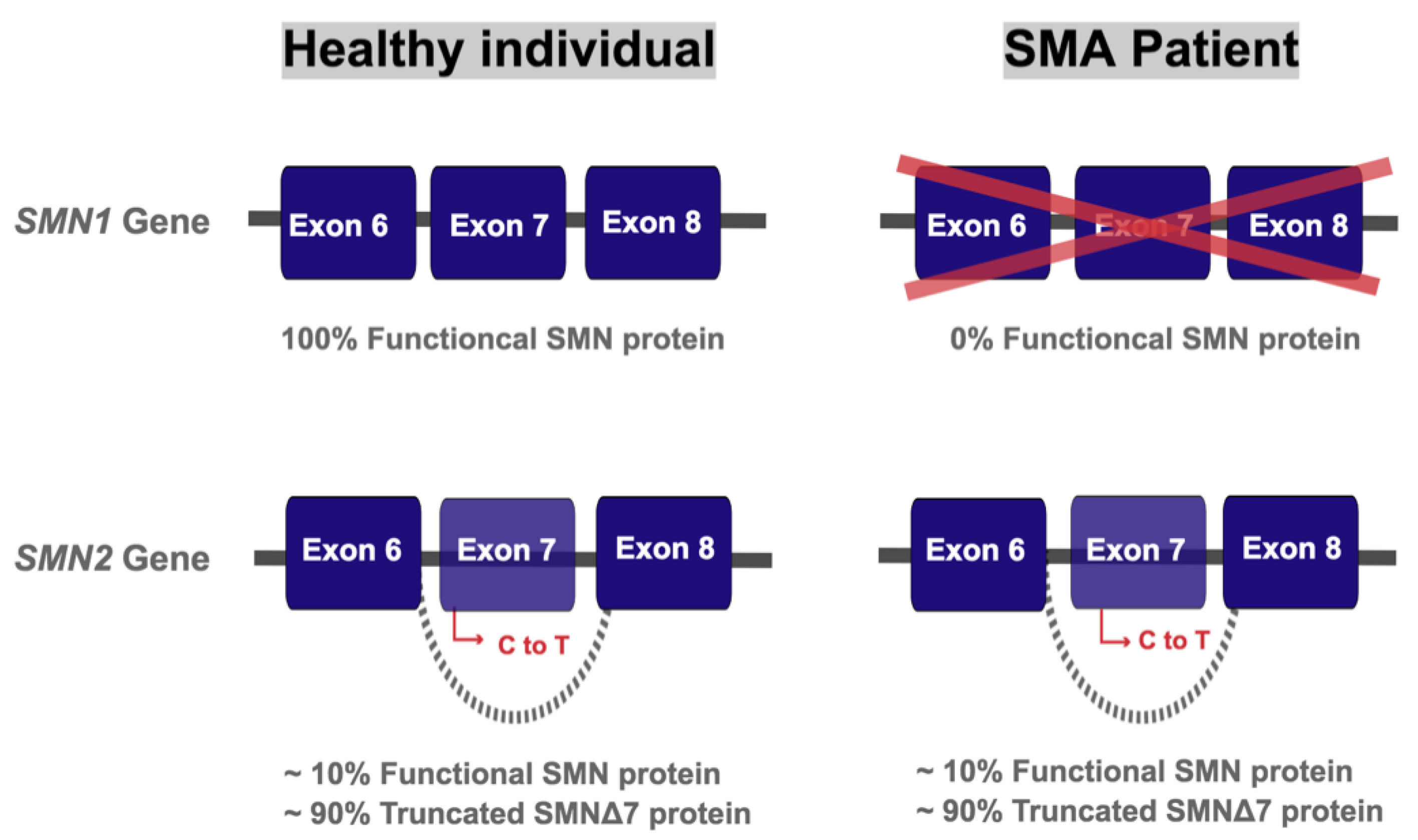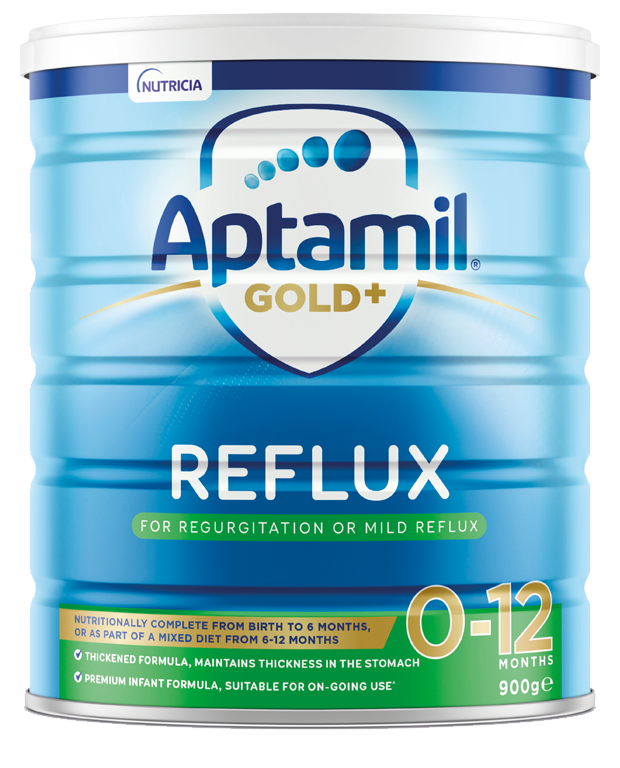
Vomiting is a coordinated autonomic and voluntary motor response causing the forceful expulsion of gastric contents through the mouth. Other terms, such as spitting-up, posseting, and spilling are considered equivalent to regurgitation. Regurgitation is defined as the passage of refluxed contents into the pharynx, mouth, or out from the mouth. According to the guidelines of the NASPGHAN-ESPGHAN, refractory GERD is GERD which does not or insufficiently responds to optimal treatment after 8 weeks.Ĭlinical history and physical examination are important to identify alarm symptoms and signs and differentiate GERD from other disorders. However, GERD is a prominent phenomenon in children with underlying medical conditions, such as esophageal atresia, neurologic impairment and pulmonary problems, including cystic fibrosis. The absence of a gold standard diagnostic tool hampers the diagnosis of GERD in infants and children further. Furthermore, the degree of parental anxiousness is the driving factor for diagnosis and management. Many infants with GERD do cry excessively, but infants who cry excessively but do not regurgitate or vomit only seldomly suffer from GERD.

In infants especially, it is often difficult to determine what is troublesome, what is pathologic, and what is physiologic. This may lead to both over- and under-diagnosis and unneeded treatment. Moreover, the spectrum of possible GERD symptoms in infants and children varies widely by age and is non-specific. As a consequence, the definition of GERD mostly depends on the subjective interpretation of symptoms as they affect quality of life. However, defining the “troublesome” character of the symptoms is difficult and may differ among children, their ability to describe them, their caregivers and healthcare professionals. In the majority of cases, symptoms are mild to moderate, mainly decreasing the daily quality of life or nocturnal sleeping. Severe esophageal mucosal complications and hematemesis occur, fortunately, in only a minority of children. GERD: gastro-esophageal reflux disease, ALTE: apparent life-threatening event, BRUE: brief resolved unexplained event. The practical recommendations from this review are intended to optimize the management of GER in infants and older children and reduce the number of investigations and inappropriate use of medication.
#Milk protein reduces relux trial#
Nutritional management is recommended as a first-line approach in infants, while in children, a therapeutic trial with antacid medication is advised for early management.

None of the signs and symptoms of GER and GERD are specific and there is no gold standard diagnostic test or tool. For this purpose, 2 algorithms were developed, 1 for infants <12 months of age and the other for older children. Published guidelines and position papers, along with Embase, MEDLINE, and the Cochrane Database were reviewed and summarized with the intent to propose a practical approach and management of GER and GERD for healthcare providers and to standardize and improve the quality of care for infants and children. The diagnosis and management of gastro-esophageal reflux (GER) and GER disease (GERD) in infants and children remains a challenge.


 0 kommentar(er)
0 kommentar(er)
